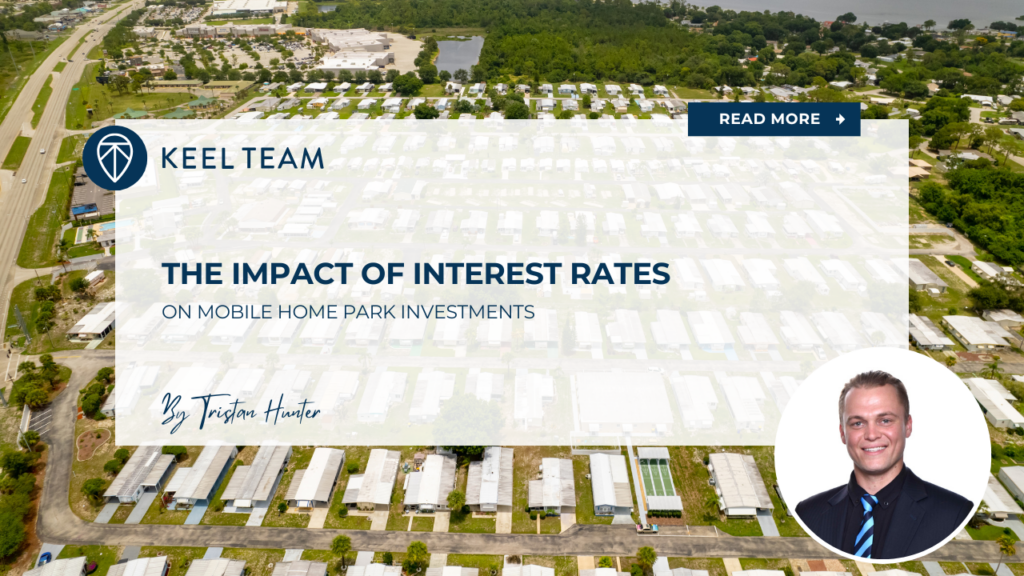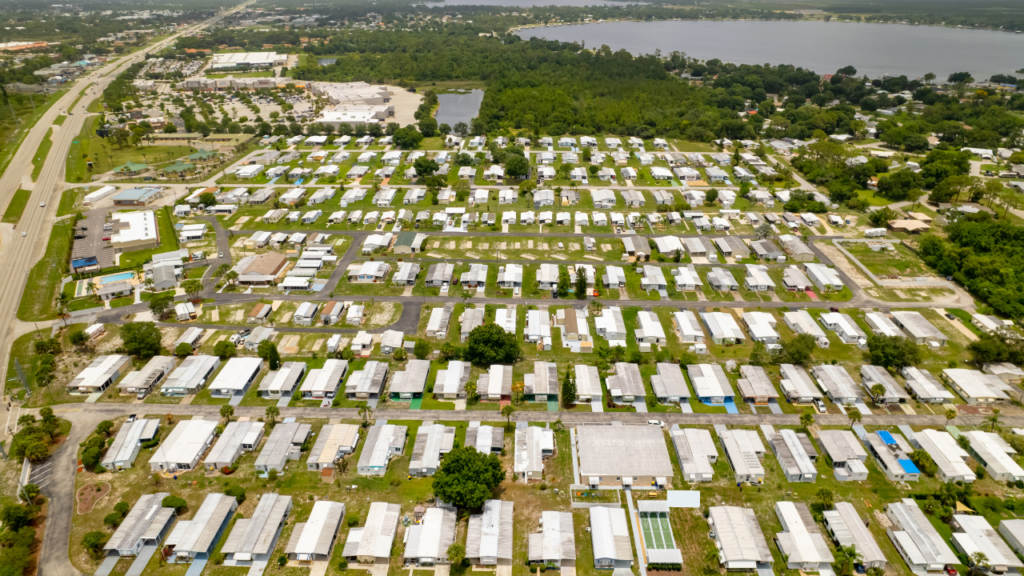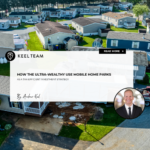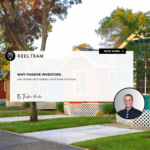The Impact of Interest Rates on Mobile Home Park Investments
-
 Tristan Hunter - Investor Relations
Tristan Hunter - Investor Relations

Interest rates usually play a significant role in shaping investment opportunities, including mobile home park investments. Whether you’re considering buying, refinancing, or assessing long-term returns, fluctuating rates can have a considerable influence. Understanding these dynamics may help investors make more informed decisions and adapt their strategies to changing financial landscapes.
How Interest Rates Influence Buying Mobile Home Parks
Interest rates often determine the cost of borrowing, making them a key factor in purchasing mobile home parks. When rates are low, borrowing becomes more affordable, which may enable buyers to secure larger loans with lower monthly payments. This can make mobile home park investments more appealing, especially for new investors entering the market.
However, rising interest rates can increase borrowing costs. Higher rates can lead to larger monthly payments, reducing the overall affordability of mobile home parks. In some cases, this may also affect the types of properties investors consider, shifting focus to those with lower upfront costs or higher potential returns.
Impact on Property Valuations
Changes in interest rates can also influence the valuation of mobile home parks. When rates increase, potential buyers may face tighter budgets, potentially reducing demand. This can put downward pressure on property prices, creating opportunities for some investors to purchase mobile home parks at a lower price.
Conversely, low rates may lead to higher demand, driving up valuations. While this can benefit current owners looking to sell, it may also create challenges for buyers trying to secure affordable deals. Being flexible with your investment strategy could help navigate these fluctuations.
Download our FREE eBook on the Top 20 things to know BEFORE investing in mobile home parks!
Refinancing Mobile Home Parks During Rate Changes
Refinancing is another area where interest rates can have a noticeable impact. Mobile home park owners often refinance to access better loan terms, reduce interest costs, or free up capital for improvements. Timing is critical when considering refinancing, as locking in a lower rate could potentially save thousands over the loan term.
Advantages of Refinancing in a Low-Rate Environment
When interest rates drop, refinancing may allow mobile home park owners to lower their monthly payments or shorten the loan term. For some, this creates additional cash flow that could be reinvested into the mobile home park, such as upgrades to infrastructure or community amenities.
Challenges with Refinancing When Rates Rise
Higher interest rates, however, may make refinancing less attractive. The increased costs could outweigh potential benefits, leading owners to hold off on making changes to their existing loans. Some investors might explore alternative financing options, but these typically come with their own risks and considerations.
Long-Term Returns and Interest Rate Trends
The relationship between interest rates and long-term returns on mobile home park investments is nuanced. Over time, fluctuations in rates can influence cash flow, equity growth, and overall profitability potential.
Cash Flow Considerations
Interest rates directly impact loan payments, which can, in turn, affect cash flow. Lower rates may help boost cash flow, giving investors more flexibility to handle operational costs or reinvest in the mobile home park. On the other hand, higher rates could tighten margins, making it essential to optimize other areas of the investment.
Equity Growth and Property Appreciation
Mobile home park investments often rely on long-term appreciation and equity growth. Interest rate trends can influence these factors by shaping market demand and property valuations. While low rates can create favorable conditions for appreciation, higher rates may slow down growth. Investors might consider diversifying their portfolios to balance these risks.
Mitigating Risk with Long-Term Strategies
Adopting a long-term perspective may help reduce the impact of interest rate fluctuations. For instance, locking in fixed-rate loans could provide stability, ensuring that loan payments remain predictable regardless of market changes. Additionally, focusing on operational efficiency may help offset higher borrowing costs.

Strategies to Adapt to Interest Rate Changes
Successfully navigating interest rate fluctuations often requires proactive strategies. Here are a few approaches investors might consider:
1. Monitor Market Trends
Keeping an eye on economic indicators and Federal Reserve announcements can provide insights into potential rate changes. This may help investors anticipate shifts and adjust their plans accordingly.
2. Reassess Financial Models
Regularly reviewing financial models could potentially help your mobile home park investment remain profitable under different interest rate scenarios. Factor in potential rate increases when projecting cash flow and returns.
3. Diversify Investment Portfolios
Diversifying your investments might reduce the impact of interest rate volatility on your overall portfolio. Including a mix of asset classes, such as mobile home parks, multifamily properties, or commercial real estate, may create a more balanced approach.
4. Leverage Creative Financing Options
In higher-rate environments, exploring creative financing options, such as seller financing or partnerships, could help reduce borrowing costs. Each option comes with its own risks, so thorough research is essential.
The Broader Economic Impact on Mobile Home Parks
Interest rates often reflect broader economic conditions, which can influence the mobile home park asset class in other ways. For example, higher rates may coincide with slower economic growth, potentially affecting tenant demand and rental rates. Conversely, lower rates during periods of economic expansion might drive up demand for affordable housing, including mobile home parks.
Key Takeaways for Mobile Home Park Investors
Understanding the impact of interest rates on mobile home park investments may not eliminate all risks, but it could help investors make more informed decisions. While interest rates influence buying, refinancing, and long-term returns, they are only one piece of the puzzle. Remaining flexible and adapting strategies to changing market conditions might position investors for success in this unique asset class.
Are you looking for MORE information? Book a 1-on-1 consultation with Andrew Keel to discuss:
- A mobile home park deal review
- Due diligence questions
- How to raise capital from investors
- Mistakes to avoid, and more!
Disclaimer:
The information provided is for informational purposes only and is not investment advice or a guarantee of any kind. We do not guarantee profitability. Make investment decisions based on your own research and consult registered financial and legal professionals. We are not registered financial or legal professionals and do not provide personalized investment recommendations.

Tristan Hunter - Investor Relations
View The Previous or Next Post
Subscribe Below 👇




